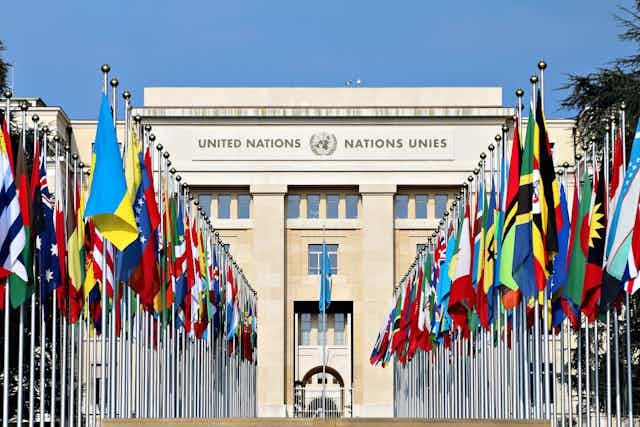A committee assembled by the United Nations (UN) recently reignited discussions on the concept of "right to development." The panel, comprised of various experts, hosted a debate aimed at reevaluating the notion and exploring its practical applications.
The "right to development" has been a topic of contention for decades. First proposed in the 1970s, it argues that development should not be solely focused on economic growth but also encompass aspects like poverty reduction, social justice, and environmental sustainability. While the UN adopted a declaration on the right to development in 1986, its implementation has remained a challenge.
The recent debate convened by the UN committee aimed to bridge this gap. Panelists representing diverse backgrounds, including government officials, human rights advocates, and development practitioners, engaged in a lively exchange. A central theme revolved around defining clear metrics to assess progress in achieving the right to development.
Developed nations often emphasize economic indicators like GDP growth, while developing nations argue for broader measures that consider factors like access to education, healthcare, and basic necessities. The debate highlighted the need for a multi-dimensional approach that acknowledges the unique challenges faced by different countries.
Another key discussion point centered on the role of international cooperation in fostering the right to development. Developing nations stressed the importance of fairer trade practices, increased foreign aid, and debt relief. Developed nations, however, expressed concerns about accountability and the effectiveness of aid programs.
The committee emphasized the need for a renewed global commitment to achieving the right to development. Panelists discussed the importance of fostering partnerships between governments, civil society organizations, and the private sector. Collaborative efforts, they argued, could lead to more effective and sustainable development strategies.
The debate also acknowledged the impact of contemporary challenges on the right to development. Issues like climate change, rising inequality, and pandemics were identified as factors that hinder progress. The committee recognized the need for development strategies that are resilient in the face of such global threats.
The UN committee's initiative has reignited global discourse on the "right to development." The discussions highlighted the complexities involved in achieving this right but also underscored its importance in creating a more just and equitable world. As the committee moves forward, it will be crucial to translate these discussions into concrete actions and measurable progress towards a future where development benefits all.

